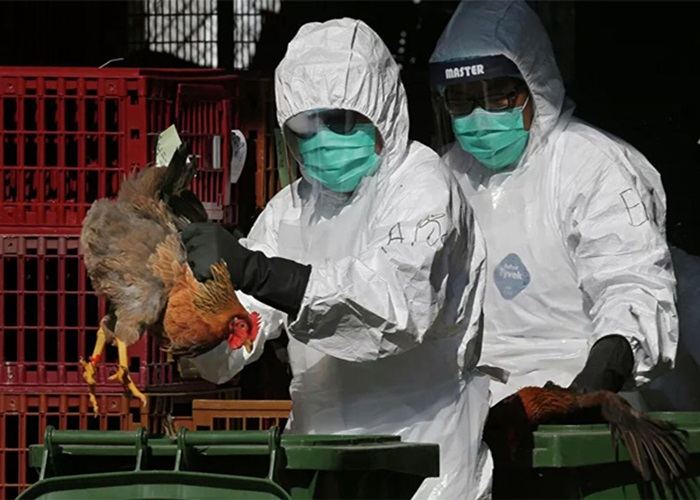The United Nations has issued an urgent warning about the growing dangers of bird flu, as the highly contagious H5N1 virus continues to spread among poultry, wild birds, and even mammals. Experts fear the outbreak could have severe consequences for food security, public health, and global economies if stronger containment measures are not implemented.
Speaking from Rome, officials from the Food and Agriculture Organization of the United Nations (FAO) called for enhanced disease surveillance, stricter biosecurity measures, and rapid outbreak control to curb the spread of the virus. They also urged governments to consider vaccination strategies to mitigate risks.
Avian influenza has long affected wild bird populations, but its increasing spillover into mammals has alarmed scientists. In the past year, a large outbreak among dairy cattle in the United States has further heightened concerns, signaling that the virus is evolving and spreading in new ways.
“The rapid spread of bird flu is not only a public health concern but also a serious threat to food security,” said FAO Deputy Director-General Godfrey Magwenzi. “The loss of poultry and livestock disrupts rural economies, reduces access to essential nutrition, and drives up food prices, making it harder for communities to afford basic necessities.”
Since 2021, at least 300 wild bird species have been affected by the virus, alongside outbreaks in farm animals, zoo animals, and even domestic pets such as cats. Human infections, while still rare, have also been reported. In January, the United States confirmed its first human death from H5N1, while a total of 69 cases have been recorded by health agencies. A separate strain of bird flu was also detected in a person in the United Kingdom earlier this year.
At present, there is no evidence of sustained human-to-human transmission. However, European scientists have identified 34 genetic mutations that could potentially allow H5N1 to adapt and spread more easily among people. In response, the United Kingdom announced in December that it is stockpiling five million bird flu vaccines as a precautionary measure.
Public health officials stress that while the immediate risk to the general public remains low, continued monitoring is crucial. Experts fear that without stronger global cooperation, the virus could evolve into a more dangerous strain, potentially leading to a new pandemic.
FAO officials emphasize that tackling bird flu requires coordinated international efforts. Measures such as improving disease monitoring, enforcing stricter hygiene protocols, and investing in vaccine research will be key to limiting the virus’s impact.
“A chain is only as strong as its weakest link,” said FAO Deputy Beth Bechdol, highlighting the need for nations to work together to prevent further spread. “If we do not act now, we risk not only a public health crisis but also long-term damage to global food security.”
As governments and health organizations assess their next steps, experts warn that the time to act is now—before the virus poses an even greater threat to human health and the global food supply.
Related topics:
- New Study Reveals One In Three People Still Exposed To Hazardous Household Air Pollution
- Trump Administration Considering Major Changes To CDC’S HIV Prevention Efforts
- California Moves To Eliminate Ultra-Processed Foods From Public Schools By 2032


